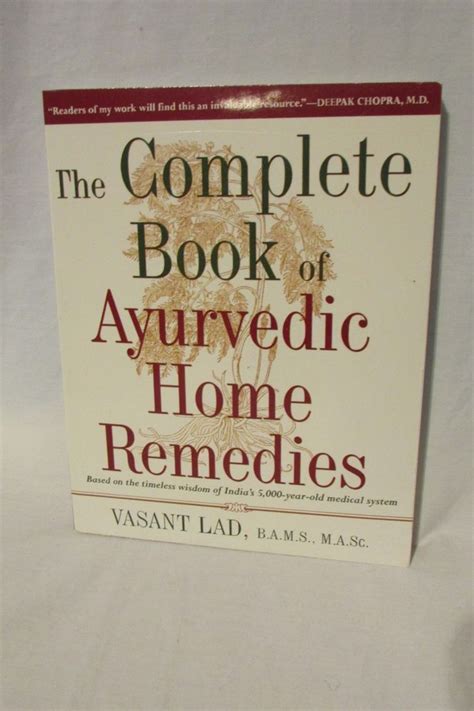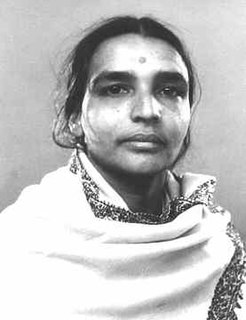A Quote by Alison Hawthorne Deming
Bringing science into poetry is one way of acknowledging some of the richest stuff that is in my cultural moment.
Related Quotes
I think poetry can be a kind of secular way in which people can be led to approach the difficult parts of their life, where there's been loss, where there's sadness of a deep kind. If poetry can help people to be more at ease in expressing even to themselves a lot of the darkness and pain of ordinary human existence, then it's serving some kind of cultural role, perhaps more than a cultural role, perhaps it is serving something of a spiritual role.
I want to enjoy the languor of just living, recognizing, acknowledging, taking it in, sort of amplifying it in some way. [Photography] is a great medium for that. It happens in an instant, but it gives you hours or days of time to reflect on things. It’s a beautiful system, this game of photography, to see in an instant and go back and think about later on. It’s pure philosophy. And poetry.
Science has only two things to contribute to religion: an analysis of the evolutionary, cultural, and psychological basis for believing things that aren't true, and a scientific disproof of some of faith's claims (e.g., Adam and Eve, the Great Flood). Religion has nothing to contribute to science, and science is best off staying as far away from faith as possible. The "constructive dialogue" between science and faith is, in reality, a destructive monologue, with science making all the good points, tearing down religion in the process.






































